- /
- Blog
- /
- PPC Campaign Execution: A...
PPC Campaign Execution: A Step-by-Step
Guide & Website Alternatives
PPC Campaign Execution: A Step-by-Step Guide & Website Alternatives
Pay Per Click (PPC) advertising has grown to be ubiquitous on the web. For businesses that want to attract visitors and capture leads, PPC is often necessary. Established brands seeking to increase their conversion rates and new startups looking to create an online presence can both benefit from PPC campaigns. Structurally defined and driven by data, PPC campaigns aid very efficient digital marketing. But, bidding on keywords is not all that is required to run a successful PPC campaign. Strategizing, optimizing and regular monitoring is equally vital.
An important and fairly common question among a lot of marketers and entrepreneurs is if it is possible to run PPC ads without owning a website. It is true that websites are the single most popular landing pages for PPC ads, but there are other approaches through which you can use PPC advertising without owning a website. In this blog, I will outline the crucial steps to executing a PPC campaign and, at the same time, contemplate the necessity of a website when running PPC ads.
What are the steps undertaken in executing a PPC campaign?
In a PPC campaign, relevant advertisers set a price they are willing to pay for specific words related to their business. Whenever a potential client searches for these words, your ad could show on the screen and you only pay for the service when the client clicks on the advertisement. PPC service organization in Kolkata may perform this service on your behalf for better management of your campaign. Here I provide tips on launching and properly optimizing the campaign:
Campaign Goal Description
As the first step, it’s important you layout objectives prior to setting up your PPC campaign. The goals could revolve around:
- Getting more traffic to the website
- Lead generation
- Increase product sales
- Growing brand recognition
Understanding these goals will ensure you make the correct strategic choices as to what kind of ad format and platform you should use.
Research Keywords in Detail
The strongest pillar in any PPC marketing plan are effective keywords. Use resources such as Google Keyword Planner, SEMrush, and Ahrefs in order to find effective keywords that best suit your business. Concentrate on:
- High intent Keywords: Keywords that imply user initiated action (example: buy organic honey online)
- Long-tail keywords: These are less competitive phrases that are very specific and well-focused.
- Negative keywords: These eliminate irrelevant searches that waste ads.
Right PPC Platform Choice
For every type of audience, there exists multiple PPC platforms:
- Google Ads (Search, Display, Shopping, YouTube)
- Microsoft Ads (Bing)
- Social Media Ads (Facebook, Instagram, LinkedIn, Twitter, TikTok)
- Ecommerce Ads (Amazon, Flipkart)
The right platform option in this case is dependent on where your target audience is most active.
Produce Engaging Advertising Copy And Storyboards
The copy of the ad as well as the visual aspects should capture your audience’s attention and be relevant to their wants and needs. Important factors include:
- Capture Attention: Snappy Head Lines
- Focused Advertisement Content: Mention the main issue and provide answers.
- Short but Direct CTA: Get your audience to perform activities that you want like, “Shop Now” or “Get a Quote”.
- Distinct and Appealing Teasers: Make your ads attractive by using high resolution pictures and videos.
Develop Your Targeting and Bidding Approaches
Focused marketing campaigns will benefit from narrowed target audiences based on age, bio, geography, hobbies, and activity. Set the goals to fit your chosen approach:
- CPC Manual: Manageable bidding.
- CPC Advanced: Boosted bids for higher winning chances.
- ROAS Targeting: Placing focus on advertisement spending.
- Biggest Productivity Rate: Salesforce’s Bid strategy for best results
Make Sure That All Your Landing Pages Are Fully Optimized
Without proper context and optimizations, websites will become irrelevant to the audience. Make sure that your landing pages:
- Have catchy and persuasive headlines
- Provide relevant content with valuable offers
- Are responsive and quickly accessible on mobile devices.
- Have a CTA like “Sign Up Now” that is hard to miss.
Set Campaign Live & Watch Your Results
If everything above has been met make the campaign live while simultaneously keeping track of crucial aspects like:
- Click-Through Rate (CTR)
- Conversion Rate
- Cost Per Click (CPC)
- Return on Ad Spend (ROAS)
Use headline, targeting, and creative A/B splits to improve performance.
Optimize and Scale
Insights gained should be used to make changes as explained below:
- Stop advertising for low performing assets
- amend the bidding approach
- Change target audience parameters
- Test new creatives in ads
Scaling a successful PPC campaign comprises increasing the expenditure for ads that perform best and expanding the scope of targeting.
Want to maximize your marketing ROI? Our audit & consulting services help identify what’s working and what’s not.
Is it possible to run PPC ads without owning a website?
You can run PPC ads without having a website, but it’s best to have one. Having a website allows your potential clients to learn more about the products and services you offer, increasing the likelihood that your clicks will result in sales. Here are some suggestions:
1 . Social Media Pages as Alternate Landing Destinations : Facebook, Instagram, and LinkedIn allow you to run ads to your page, where users can respond to your content, message you, or complete lead forms.
2 .Using Google My Business (GMB) for Local Campaigns : Advertisers can create Google Local Ads campaigns if they have a Google My Business listing. The ads will direct traffic to their GMB profile in lieu of a site.
3 . Lead Generation Ads : Google, Facebook, and LinkedIn can run lead form ads which capture user data for free, with no need for a landing page.
4. Sending Users to Other Sites : E-commerce sellers may advertise on PPC platforms and link directly to their product pages on Amazon, Flipkart, and other e-commerce sites.
5 . Using WhatsApp or Messenger As Contact Point : Some businesses employ PPC advertising to redirect users to relevant WhatsApp or Messenger accounts to allow users to chat and ask questions without having a website.
To carry out PPC marketing, one has to prepare from the beginning. This includes establishing a goal, conducting keyword research, creating ads, and optimizing them continuously. While it is helpful to possess a website in order to run effective PPC campaigns, it is completely optional. Businesses that do not have a website can still use alternative methods like lead generation ads, social media pages, and other sites that serve the same purpose.
Share this Article On:
Recent Updates
- 12 February 2025
- 12 February 2025
- 12 February 2025
- 12 February 2025
- 12 February 2025
- 12 February 2025
Have a Question?
If you cannot find answers to your queries, please fill out the enquiry form. We will contact you shortly.








